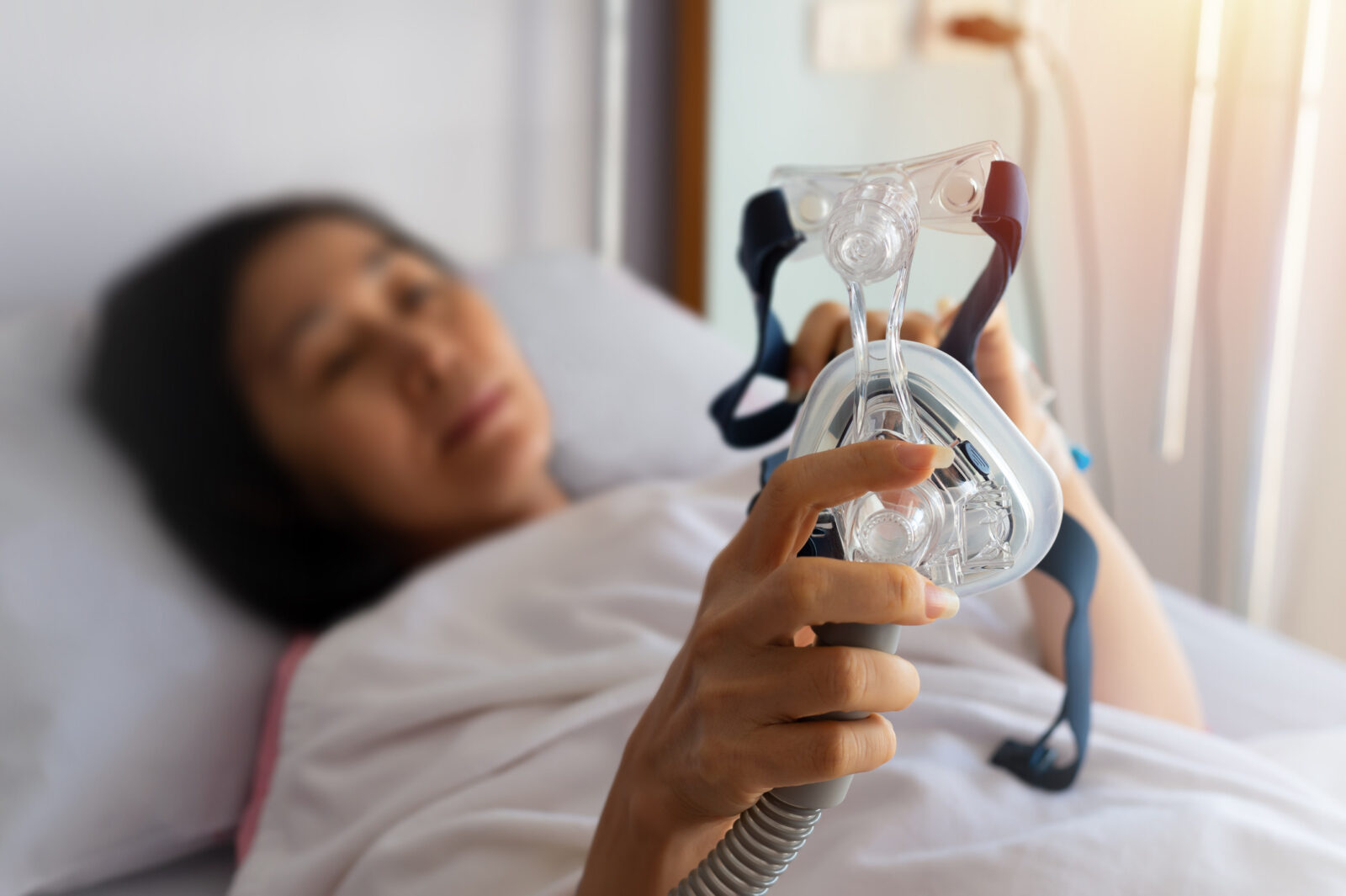In recent years, the importance of sleep has gained significant attention, with many individuals recognising its impact on overall health and well-being. For those struggling with sleep disorders, understanding the nuances of their sleep patterns is crucial. Home sleep studies have emerged as a convenient and effective solution for diagnosing various sleep-related issues. This article delves into the benefits of at-home sleep testing, particularly for residents of Perth.
Understanding Sleep Disorders
Sleep disorders can manifest in various forms, including insomnia, sleep apnoea, restless leg syndrome, and narcolepsy. Each of these conditions can severely affect an individual’s quality of life, leading to fatigue, irritability, and even serious health complications if left untreated. The prevalence of these disorders is alarming, with millions of people worldwide struggling to achieve a restful night’s sleep, often unaware that their nightly battles are part of a larger health issue. Understanding the underlying causes and effects of sleep disorders is crucial for effective management and treatment.
Home sleep study Perth represent a significant advancement in the field of sleep medicine, offering a convenient, cost-effective, and comfortable alternative to traditional sleep testing. For individuals in Perth experiencing symptoms of sleep disorders, at-home testing can provide valuable insights and pave the way for effective treatment.
Common Symptoms of Sleep Disorders
Identifying the symptoms of sleep disorders is the first step towards seeking help. Common signs include excessive daytime sleepiness, loud snoring, gasping for air during sleep, and difficulty concentrating. Individuals may also experience mood swings, anxiety, and a general decline in cognitive function. It is not uncommon for those suffering from sleep disorders to report a diminished quality of life, as their ability to perform daily tasks becomes compromised. This can lead to a vicious cycle where the lack of restorative sleep exacerbates stress and anxiety, further complicating the situation.
Recognising these symptoms early can lead to timely intervention, which is essential for maintaining both mental and physical health. However, many individuals hesitate to seek professional help due to the perceived inconvenience of traditional sleep studies. Additionally, the stigma surrounding sleep disorders often leads to feelings of shame or embarrassment, preventing individuals from discussing their struggles openly. It is vital to foster an environment where people feel comfortable seeking assistance, as early diagnosis can significantly improve outcomes and enhance overall well-being.
Traditional Sleep Studies vs. Home Sleep Studies
Traditional sleep studies, or polysomnography, typically require patients to spend the night in a sleep clinic. While these studies provide comprehensive data, the clinical environment can often be intimidating, leading to unnatural sleep patterns and skewed results. The presence of medical staff and the various monitoring devices can create anxiety, which in turn may affect the quality of sleep being assessed. Furthermore, the cost and logistics of attending a sleep clinic can be prohibitive for some, making it a less accessible option for many individuals seeking answers.
In contrast, home sleep studies allow individuals to undergo testing in the comfort of their own homes. This relaxed setting often results in more accurate readings, as patients are more likely to sleep naturally. The ease of at-home testing has made it an increasingly popular option for those seeking to understand their sleep issues. Home sleep studies typically involve the use of portable monitoring devices that track essential metrics such as heart rate, oxygen levels, and breathing patterns. This not only provides valuable insights into sleep quality but also empowers individuals to take charge of their health in a way that feels less intrusive and more personal. As technology continues to advance, the future of sleep disorder diagnosis may increasingly lean towards these innovative, patient-friendly approaches.

The Advantages of At-Home Sleep Testing
At-home sleep testing offers numerous benefits that make it an appealing option for many. From convenience to cost-effectiveness, these advantages can significantly enhance the diagnostic process for sleep disorders.
Convenience and Comfort
One of the primary advantages of home sleep studies is the convenience they offer. Patients can complete the testing in their own environment, eliminating the need for travel and the stress associated with clinical settings. This comfort often leads to a more natural sleep experience, which is crucial for obtaining accurate results. Find more about environment on https://www.sph.umn.edu/academics/degrees-programs/4-1-environmental-health/what-is-environmental-health/
Moreover, at-home testing allows individuals to maintain their regular sleep routines, which can be disrupted in a clinical environment. The ability to sleep in one’s own bed, surrounded by familiar sounds and smells, can lead to a more restful night, ultimately providing better data for analysis.
Cost-Effectiveness
Another significant benefit of at-home sleep testing is its cost-effectiveness. Traditional sleep studies can be quite expensive, often requiring extensive insurance coverage and additional out-of-pocket expenses. Home sleep studies, on the other hand, are generally more affordable, making them accessible to a broader range of individuals.
This reduction in cost does not compromise the quality of the testing. Home sleep studies are designed to provide accurate and reliable data, ensuring that patients receive the necessary insights into their sleep patterns without breaking the bank.
Quick Results and Diagnosis
Time is often of the essence when it comes to diagnosing sleep disorders. At-home sleep studies typically offer quicker results compared to traditional methods. Once the testing is complete, data can be analysed promptly, allowing healthcare providers to deliver a diagnosis and recommend treatment options more swiftly.
This expedited process can be crucial for individuals experiencing severe symptoms, as timely intervention can significantly improve quality of life. The faster turnaround also alleviates the anxiety that often accompanies waiting for results from traditional sleep studies.
How Home Sleep Studies Work
Understanding the process of home sleep studies can demystify the experience for those considering this option. The procedure is straightforward and designed to be user-friendly, ensuring that patients can easily navigate the testing process.
Preparation for the Study
Before undergoing a home sleep study, patients typically receive detailed instructions from their healthcare provider. This preparation may involve avoiding caffeine or alcohol on the night of the test, as these substances can interfere with sleep quality.
Patients are also advised to maintain their regular sleep schedule leading up to the study, as this will provide the most accurate representation of their sleep patterns. Additionally, individuals may be required to fill out questionnaires regarding their sleep habits and any symptoms they are experiencing.
Using the Sleep Monitoring Device
On the night of the study, patients will use a portable sleep monitoring device, which is usually provided by the healthcare provider. This device typically includes sensors to monitor breathing patterns, heart rate, and blood oxygen levels. Some devices may also track movements during sleep.
Once the device is set up, patients can go to bed as they normally would. The device will collect data throughout the night, which will later be reviewed by a sleep specialist. This non-invasive approach allows for comprehensive monitoring without disrupting the patient’s sleep.
Interpreting the Results
After the study is complete, the collected data will be analysed by a qualified sleep specialist. The results will indicate whether the individual has a sleep disorder and, if so, the severity of the condition. Based on these findings, the specialist can recommend appropriate treatment options, which may include lifestyle changes, therapy, or medical interventions.
The clarity of the results from home sleep studies can empower patients to take control of their health and make informed decisions regarding their treatment options. To read more about treatment click here.
Who Should Consider Home Sleep Studies?
Home sleep studies are suitable for a wide range of individuals, particularly those who exhibit symptoms of sleep disorders. However, certain groups may benefit more significantly from this testing method.
Individuals with Suspected Sleep Apnoea
Those who suspect they may have sleep apnoea—characterised by interrupted breathing during sleep—are prime candidates for home sleep studies. Symptoms such as loud snoring, gasping for breath, and excessive daytime sleepiness warrant further investigation, and at-home testing can provide valuable insights.
People with Limited Access to Sleep Clinics
For individuals living in remote areas or those with mobility issues, accessing a sleep clinic may be challenging. Home sleep studies offer a practical solution, allowing these individuals to undergo testing without the need for extensive travel.
Those Seeking a More Comfortable Testing Environment
Many people experience anxiety or discomfort in clinical settings, which can hinder their ability to sleep well during traditional studies. Home sleep studies provide a more relaxed environment, making them an ideal choice for those who prefer to be in their own space while undergoing testing.
Conclusion

By embracing the benefits of home sleep studies, individuals can take proactive steps towards improving their sleep health and overall quality of life. Understanding sleep patterns is essential, and with the right tools and support, achieving restful nights is within reach.
For those considering a home sleep study, consulting with a healthcare provider can help determine the most appropriate course of action. With the right guidance, individuals can embark on a journey towards better sleep and enhanced well-being.
Learn more on: Sleep Test in Perth: What to Expect and Where to Go

